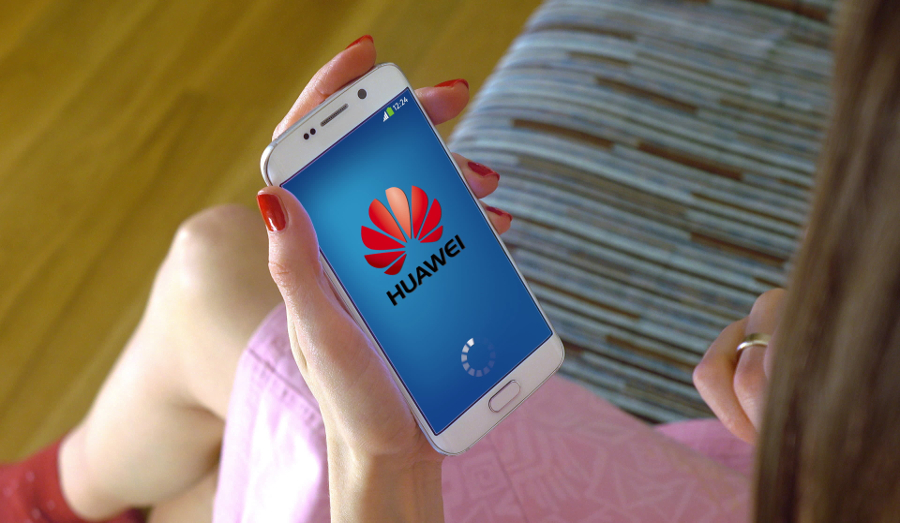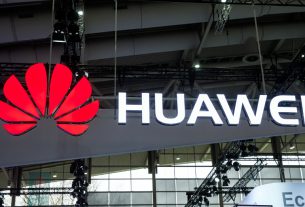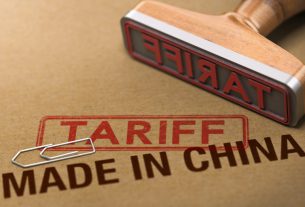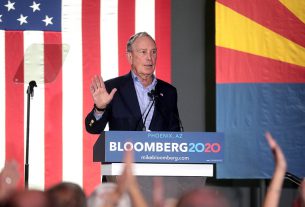Late last year the CFO of Chinese telecommunications and electronics company Huawei was detained in Canada at the United States’ request. Meng Wangzhou, the daughter of Huawei founder Ren Zhengfei, was accused of violating US sanctions against Iran. She currently remains free on bail in Canada awaiting the resolution of her case, with the United States requesting that she be extradited to the US to face federal charges.
Meng’s detention was followed by a full-scale campaign on the part of the US government to pressure its allies not to purchase Huawei equipment in building out their 5G networks. The US has raised suspicions that Huawei, whose founder formerly served in a Chinese military information technology unit, is colluding with the Chinese government to use its telecommunication equipment to help the Chinese government spy on other countries.
The US has already banned Huawei phones, some of the world’s most popular, from use by government employees, and is putting pressure on its allies to minimize or end their use of Huawei equipment. Of the Five Eyes intelligence-sharing countries, the US, Australia, and New Zealand are set to ban Huawei, while Canada is considering a ban. The UK believes that a ban is unnecessary and that any risks from using Huawei equipment can be managed.
That creates a rift in the intelligence-sharing agreement, one which could potentially be deepened if other international partners don’t go along with a Huawei ban. Germany is the latest ally to push back on US pressure, with the government resisting pressure to ban Huawei equipment. The US ambassador to Germany has threatened that if Germany goes ahead and uses Huawei equipment the US will cut back on the amount of intelligence it shares with Germany. And German intelligence officials are pressuring the government too not to permit Huawei equipment on the country’s networks.
The concern over Huawei is just one part of a long-term struggle between the US and China as to which country will dominate international politics and international trade. The US has enjoyed a monopoly in world affairs for the past 30 years, so China’s rise has been seen in many corners as a threat. Coupled with the US-China trade dispute, any resolution of the Huawei affair will be part and parcel of the larger struggle between the US and China for world dominance.
This article was originally posted on Red Tea News.





